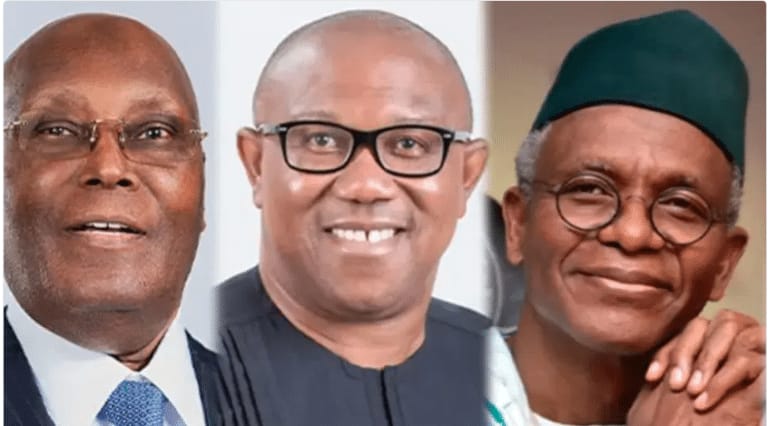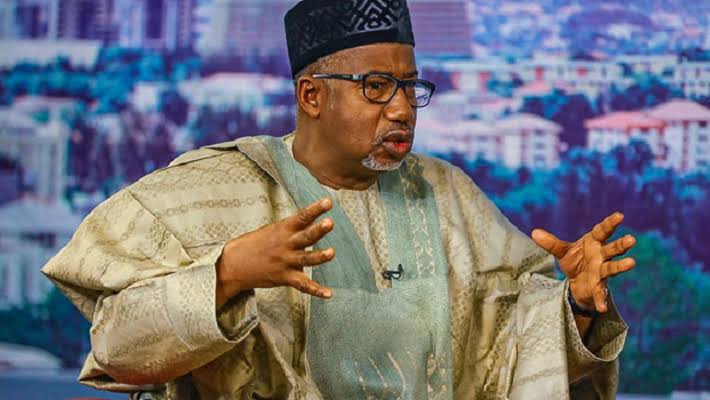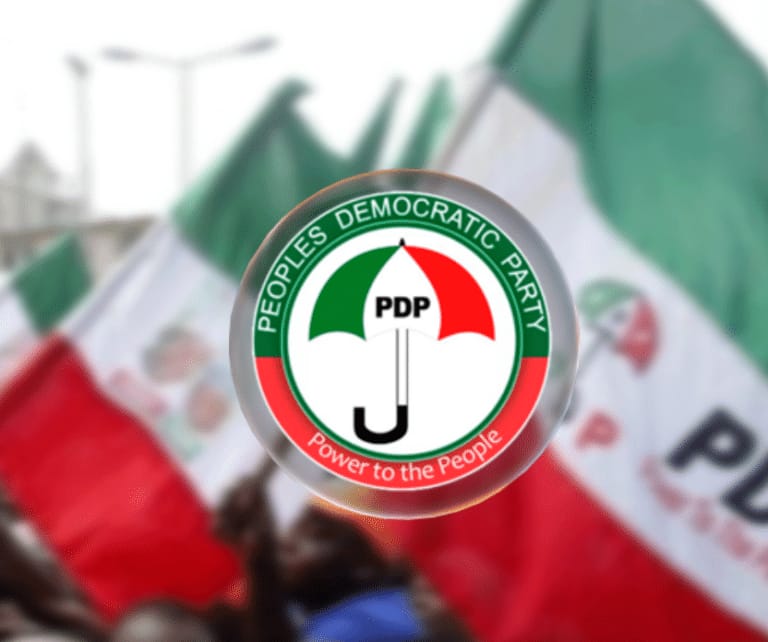Tensions are rising within the opposition coalition built around the African Democratic Congress (ADC) as concerns grow over former Vice President Atiku Abubakar’s plan to contest the 2027 presidential election.
Key political figures involved in the coalition, including former Labour Party (LP) presidential candidate Peter Obi and former Kaduna State Governor Nasir El-Rufai, are reportedly reconsidering their participation amid fears that Atiku’s ambition could destabilize the alliance.
According to party insiders, Atiku’s intention to run again in 2027 is creating division among stakeholders in the coalition, which had been touted as a potential unifying platform for opposition forces aiming to challenge the ruling All Progressives Congress (APC) in the next general election.
A senior member of the ADC’s interim management team, speaking on condition of anonymity, told BusinessDay in Abuja that Atiku’s ambition is likely to weaken the party’s prospects unless he agrees to withdraw from the race.
“The ambition of the former vice president may weaken the party, unless he agrees to back down,” the official said. “Yes, everybody is enthusiastic about the new coalition and the opportunity it will give Nigerians to elect leaders of their choice in 2027, but the plans by Atiku Abubakar to contest may ruin our chances.”
El-Rufai, who reportedly played a pivotal role in securing support for Bola Tinubu’s presidential bid in 2023, has remained firm in his stance that the presidency should remain in the South until at least 2031. His position has placed him at odds with Atiku’s reported plans to contest, which would return the presidency to the North just four years after Tinubu’s tenure began.
The former Kaduna governor is said to be frustrated by Atiku’s refusal to step aside, despite growing calls within the coalition for a Southern consensus candidate. While El-Rufai has not publicly endorsed any particular aspirant, political observers say he could potentially support either Peter Obi or former Rivers State Governor Rotimi Amaechi, both of whom have indicated interest in the 2027 race.
Peter Obi, who contested the 2023 presidential election under the Labour Party and emerged as a strong third-place finisher, has yet to formally announce his candidacy for 2027. However, insiders believe he remains a key contender and would be a central figure in any opposition coalition, especially one positioning itself as a credible alternative to the APC.
Atiku, who has contested the presidency multiple times under different platforms, remains a dominant figure in Nigerian politics. However, his continued ambition has become a source of division, particularly among younger politicians and regional powerbrokers who believe the time has come for generational and regional shifts in political leadership.
The ADC official acknowledged that the party would not bar Atiku from contesting, stressing that the coalition’s strength depends on democratic inclusiveness and fairness. “The party will give everyone a level-playing field,” the source said. Nonetheless, the official cautioned that Atiku’s involvement could lead to the departure of some of the coalition’s most influential members, including El-Rufai and Obi.
The fragile coalition was initially formed as a response to the public’s growing frustration with both the APC and the PDP. It aimed to present a unified opposition front by bringing together politicians from across the ideological and regional spectrum. However, unresolved disagreements over zoning, leadership structure, and candidate selection now threaten the coalition’s stability.
Atiku’s repeated bids for the presidency have attracted both loyal supporters and strong critics. Some within the opposition believe that fielding him again in 2027 would amount to political fatigue and could hinder efforts to attract new voters, particularly among the youth and Southern electorates who are seeking fresh leadership.
So far, the ADC has not issued any official statement regarding Atiku’s rumored ambition or the growing internal dissent. However, analysts say the party will need to resolve the brewing conflict quickly if it intends to mount a serious challenge in 2027.
The situation has also reignited debate over power rotation in Nigeria, with many political figures from the South arguing that fairness and stability require that the region retain the presidency beyond 2027. With El-Rufai maintaining his position and Atiku appearing unwilling to concede, the coalition faces an uncertain future.
If the disagreement escalates, it could lead to the collapse of the opposition alliance or the withdrawal of key figures like Obi and El-Rufai. Such developments would severely undermine efforts to build a broad-based platform capable of defeating the APC in the next election cycle.





